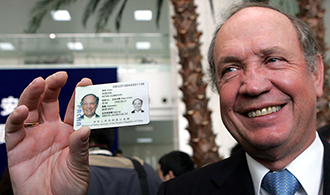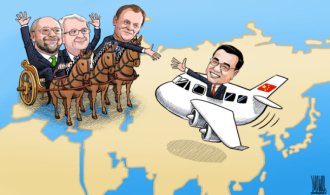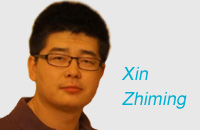Solve disputes with dialogue and negotiation
(chinadaily.com.cn) Updated: 2012-09-21 17:24German Chancellor Angela Merkel's visit to China gives both sides an opportunity to solve the differences between China and the European Union through negotiation and dialogue instead of confrontation, says an article in 21st Century Business Herald. Excerpts:
Some European enterprises, including several German companies, have asked the European Commission to launch an anti-dumping investigation into China's photovoltaic products. The trade volume of China's photovoltaic products hit $20.4 billion in 2011. The commission will decide by Sept 6 if the case can be registered. If registered, the file will become the largest trade dispute in China’s history.
Germany should boycott this application in its own interest because the Chinese and Germen photovoltaic industries are dependant on each other. China imported $764 million polysilicon materials and $360 million silver-paste raw material from Germany last year. China imported 40 billion yuan of photovoltaic-battery production equipment from abroad in 2011, among which half was from European countries such as Germany and Switzerland.
China and Germany are important trade countries with big trade surpluses. It makes both countries possible targets of trade protectionism. So the two countries have a common reason to fight against protectionism.
Europe is demanding China buy its bonds to help the continent overcome its financial crisis. Meanwhile, some European countries always resort to anti-dumping investigations to solve dispute with China. That is unfair to China and Chinese enterprises.
Both sides need cooperation and dialogue in an unstable environment. Confrontation only makes matters worse.
The EU has not yet admitted China's status as a market-economy country, or lifted the embargo on arms sales to China. Although this unfair treatment cannot affect China's real interests, it shows the ingrained prejudice and bias against China.
A multipolar world is forming, and European countries should adjust to the new circumstances to create a win-win situation. Europe also must learn to deal with China through dialogue and collaboration, and discard its biases.

I’ve lived in China for quite a considerable time including my graduate school years, travelled and worked in a few cities and still choose my destination taking into consideration the density of smog or PM2.5 particulate matter in the region.










